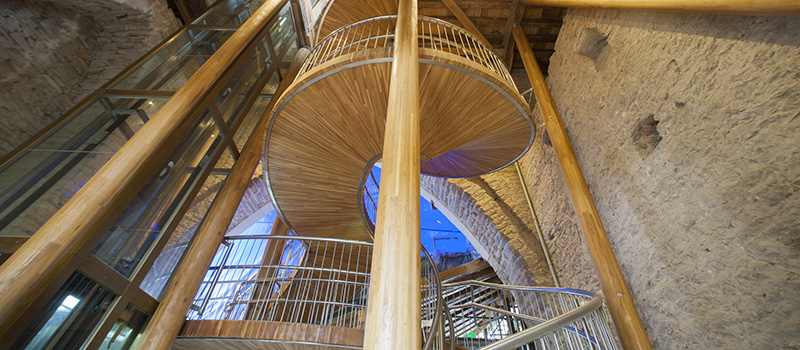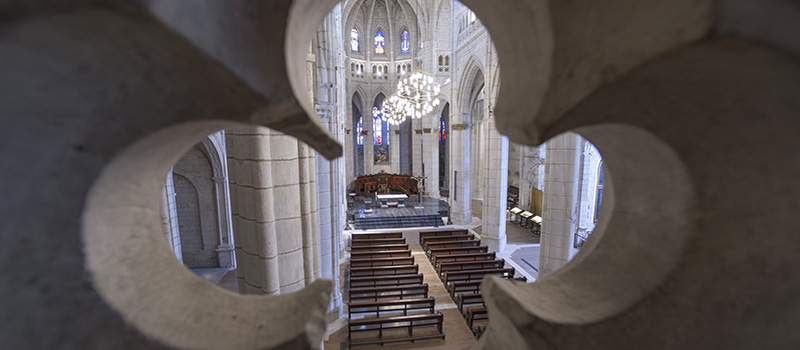Social participation processes in the design, implementation and evaluation of public policies linked to cultural heritage are gaining increasing momentum in Europe. However, the conditions of participation, the mechanisms of integration of stakeholders to the political process, the methods of socialization of knowledge (expert and non-expert), and the impact of open governance are aspects that need greater understanding and study.

Social innovation and its relationship with Cultural Heritage is an emerging issue that is increasingly important when it comes to exploring the issues of public and community archaeology and the perspectives of the local and social (urban) impact of Cultural Heritage. However, the relationships between social innovation, urban places and Cultural Heritage are not very well established despite the promise of their analytical and participatory potential.

Cultural innovation and communication in Cultural Heritage have a long history of meetings and disagreements. However, the power of digital technologies (things on the Internet and the Internet of things) opens a new field in cultural innovation and in forms of social participation for the promotion of Cultural Heritage. The emergence of new technologies is redesigning the means of Cultural Sponsorship and it is important to explore the new avenues of this relationship.

2018 has been designated the European Year of Cultural Heritage by the European Commission. Within the framework of this initiative, the Conference proposes an agenda for the development of Cultural Heritage from a social, participatory and innovative perspective, capable of integrating new challenges that arise from governance, social innovation and cultural innovation.

Calle Cuchillería, 93 - 01001 - Vitoria-Gasteiz, Álava
+34 945 122 160